ICYMI: More Broken Promises – Hiring and Investment Boom from Corporate Tax Reform Has Not Come To Pass
Cramer and his Republican sidekicks promised ‘rocket fuel’ for the economy – but many workers aren’t seeing benefits
Despite the corporate giveaway, evidence of hiring and investment is lacking, with U.S. borrowing ballooning
(BISMARCK, ND) – Despite the massive corporate tax cuts at the center of President Trump’s tax overhaul, corporate executives have no major plans in sight their tax windfall into their workers, according to a new report from the New York Times. Wealthy shareholders are winning big, and American corporate executives are playing it safe rather than hiring new workers or increasing the salaries of their current employees.
After claims of job creation, new factories, and higher wages, Republicans in Washington are, once again, failing to live up to their empty promises to the American worker. While corporate profits swell, many Americans aren’t feeling the effects of the GOP tax overhaul. Meanwhile, conservatives are swiping the country’s charge card to finance their corporate giveaway, with the deficit predicted to jump to $1.9 trillion.
Highlights from the article below:
New York Times: Investment Boom From Trump’s Tax Cut Has Yet to Appear
- After years of costly layoffs and plant closings, things are looking up for the heavy-machinery giant Caterpillar, which forecasts solid global sales growth and increased demand this year. Yet despite the corporate investment incentives at the center of President Trump’s tax overhaul, the company’s executives have no plans to supercharge investment or expansion.
- Caterpillar’s plans for new investment remain low by historical standards. Instead, the company has started using cash to repurchase its own stock as a way to return cash to shareholders, something it hadn’t done since 2015.
- Senator Marco Rubio, Republican of Florida, told The Economist in remarks published last week that after the tax cuts passed, corporations “bought back shares, a few gave out bonuses; there’s no evidence whatsoever that the money’s been massively poured back into the American worker.”
- As they anticipated a windfall from tax cuts, the nation’s banks increased their pace of buybacks by more than 50 percent last year, to $77.5 billion from $51 billion in 2016, according to data compiled by S&P Global Market Intelligence. The 10 largest banks, led by JP Morgan Chase and Citigroup, accounted for 70 percent of those buybacks.
- A survey by the National Association for Business Economics also finds capital spending expectations rising from a year ago – but two-thirds of respondents said the new tax law did not cause them to change hiring or investment plans.

